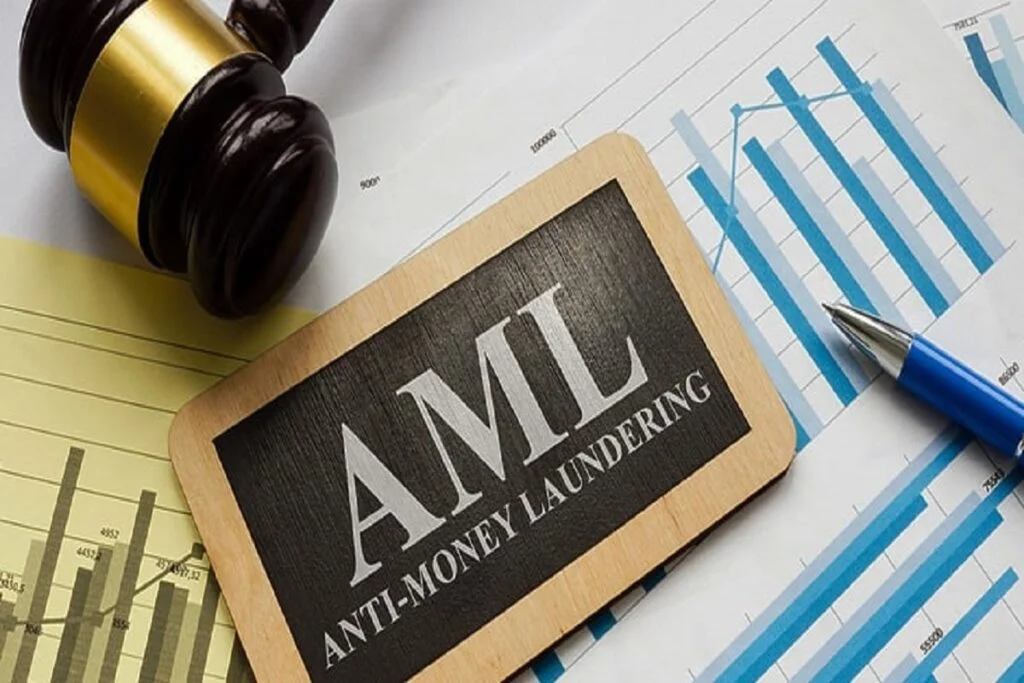As the DOJ sanctions Binance for alleged AML violations, EBA advocates for more stringent anti-money laundering regulations that emphasize unified criteria.

The European Banking Authority (EBA) has proposed guidelines for public consultation to improve anti-money laundering (AML) and combat the financing of terrorism (CFT) standards in the crypto industry.
Meanwhile, these guidelines, published on November 24, seek to tackle the ever-changing obstacles that payment service providers (PSPs) and crypto-asset service providers (CASPs) encounter when attempting to adhere to AML/CFT regulations.
The EBA’s action highlights the criticality of establishing a comprehensive regulatory framework within the swiftly changing crypto sector.
EBA seeks AML/CFT Compliance Stricterness from Crypto Providers
A recent report states that the European Banking Authority (EBA) has identified deficiencies in the existing regulatory framework that oversees crypto providers’ compliance with AML/CFT standards.
In light of this, they have put forth new guidelines that are specific to CASPs and PSPs.
These guidelines will be open for public consultation until February 26, 2024.
The EBA proposes integrating AML/CFT criteria for both, underscoring a unified approach in fortifying the regulatory landscape.
The proposed EBA guidelines highlight essential measures to strengthen AML/CFT controls.
For instance, it is suggested that CASPs improve the compatibility of their protocols with one another, thereby guaranteeing uninterrupted information transmission.
Moreover, CASPs would be required to acquire and retain data on self-hosted addresses, thereby augmenting cryptographic transfer traceability and identification capabilities.
Although the frequency of this evaluation is not specified, the guidelines establish a €1000 threshold for examining self-hosted addresses.
Regulatory Focus Amid Binance’s Regulatory Challenge
In a recent development, the EBA issued a call for stablecoin issuers to voluntarily comply with a set of governing principles related to consumer protection and risk management.
This action signifies the regulator’s explicit dedication to cultivating a resilient and compliant crypto ecosystem.
Nevertheless, as the crypto sector progresses toward full maturity, regulatory organizations across the globe are confronting the challenge of reconciling the need for innovation with the need to protect against financial crimes.
Given this context, the EBA’s recently suggested guidelines are a crucial stride towards attaining this intricate balance, thereby establishing a framework for cryptocurrencies that is both more secure and subject to regulation.
Meanwhile, in the most recent development, the Department of Justice (DoJ) sanctioned Binance, the world’s leading crypto exchange based on trading volume, for allegedly violating anti-money laundering (AML) laws.
Five years ago, the Department of Justice disclosed that it had been investigating Binance, which examined allegations of money laundering, unauthorized money transfers, and violations of criminal penalties.
In light of the grave accusations against Binance, its CEO Changpeng Zhao executed a significant course of action by tendering his resignation.
Furthermore, according to information provided by the Department of Justice, Zhao pleaded guilty on an individual level to the failure to establish a robust anti-money laundering system.
The anticipated implementation date for the new guidelines, following the conclusion of the consultation procedure, is December 30, 2024.
The move aligns with the EBA’s ongoing efforts to adapt regulatory frameworks to the dynamic crypto landscape, echoing its recent consultation paper on the suitability of management and shareholders in crypto-related entities.
